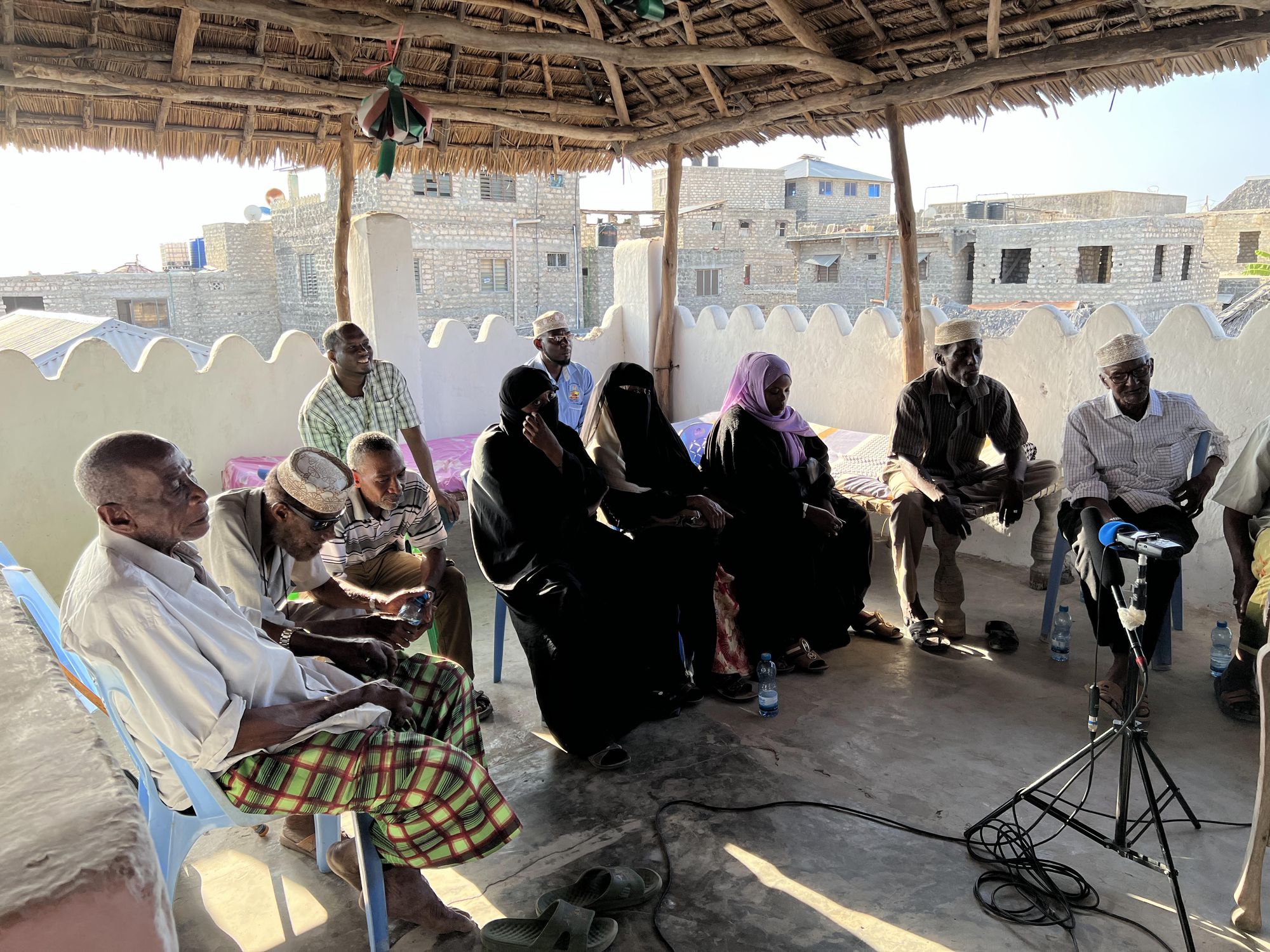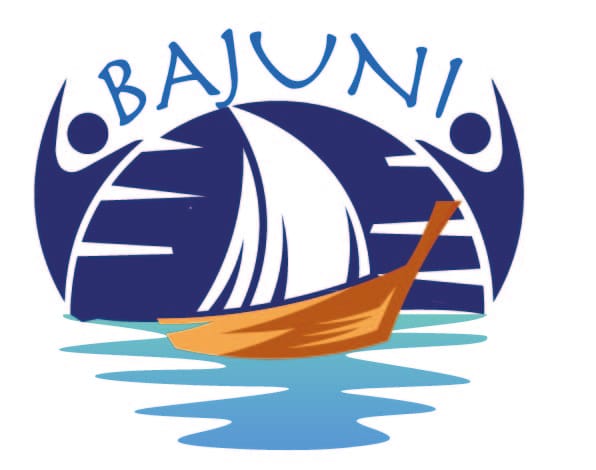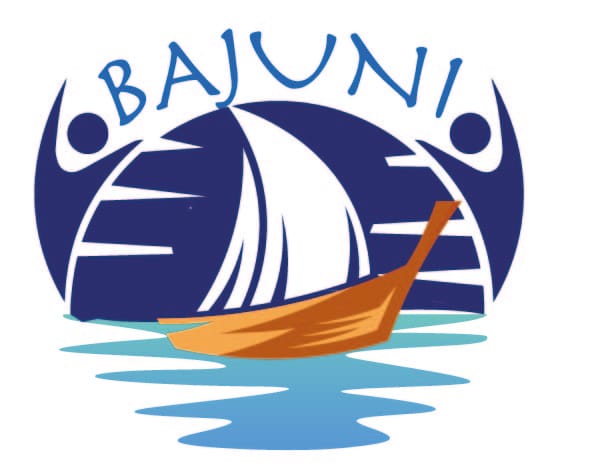Who Are The Bajuni?
A brief view into the identiy of the Bajuni people and how they are distinct from the Swahili.

This question reminds us vividly about the question of Swahili identity which has been debated by scholars resulting in numerous studies and publications. The debate has led to a greater appreciation of the complexities of social cultural identity and its malleability.
In most literature, the Bajuni are viewed generally as a sub-group of Swahili. However, in some Kenya government documents, they are differentiated from the Swahili. At the community level, many Bajuni also affirm their unique identity. They say they are Bajuni and not Swahili. Some of them go further and claim that Swahili is a product of Bajuni. This affirmation of identity is not surprising in view of the strong feelings of marginalization among the Bajuni in Kenya and Somalia as well as the uniqueness of their dialect in phonology and lexicon.
From the interviews we conducted in February 2023 in Tchundwa, the Bajuni trace their origin to Shungwaya while others say they are descendants of Yemeni who intermarried with Ethiopians and Bajuni speaking agriculturalists. In view of the preferential treatment given to the Arabs during the colonial days, most Bajuni emphasized their Yemeni heritage and suppressed their Bantu ancestry. In the recent past they have underscored their Bantu heritage to reclaim their roots, and the long history of presence and settlement. By emphasizing their identity as Bajuni they lay claim to land and its resources. They are not ‘new comers’ to East Africa.

The Bajuni Islands are located between Lamu in Kenya and Kismayu in Somalia. On the mainland across from the Islands are Bajuni settlements with the main activity being agriculture. The Bajuni were associated with fishing, long distance trade and farming. They took part in mangrove timber trade and agricultural produce between the Eastern Africa coast and Arabia.
They are Muslim but carry along beliefs that are pre-Islamic and derived from their Bantu ancestry. In everyday life, one comes across Bajuni cultural practices that are derived from their Bantu ancestry. Archaeological evidence shows that Islam was introduced on the East African coast from mid-eighteenth century and integrated into indigenous cultures.
There is evidence that Merka, Kismayu and Bajuni Islands date from the 11th century – the period of Islamization of the East African coast. But the pre-Muslim coastal towns that emerged between the 8th and 10th century at Manda, Shanga, Pate, Unguja Ukuu, Kilwa, and the Comoros were thriving through trade across the Red Sea and the Indian Ocean (Spear 2000; Horton 1996). The pre-Muslim coastal towns were populated by people who practiced African religions.
The Bajuni mainly affirm their Bajuni-ness if the father is Bajuni. However, if the father is from another racial group, the children prefer the term ‘Swahili’. The Bajuni community has maintained their cultural identity through their language, orature and traditions such as those related to rites of passage. Some of their poets include Mohammad Kombo and Abubakar Kuchi.

